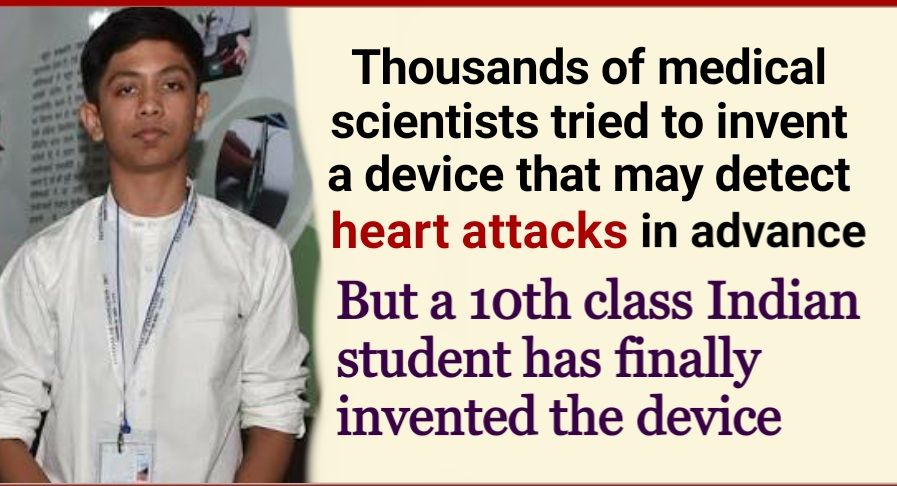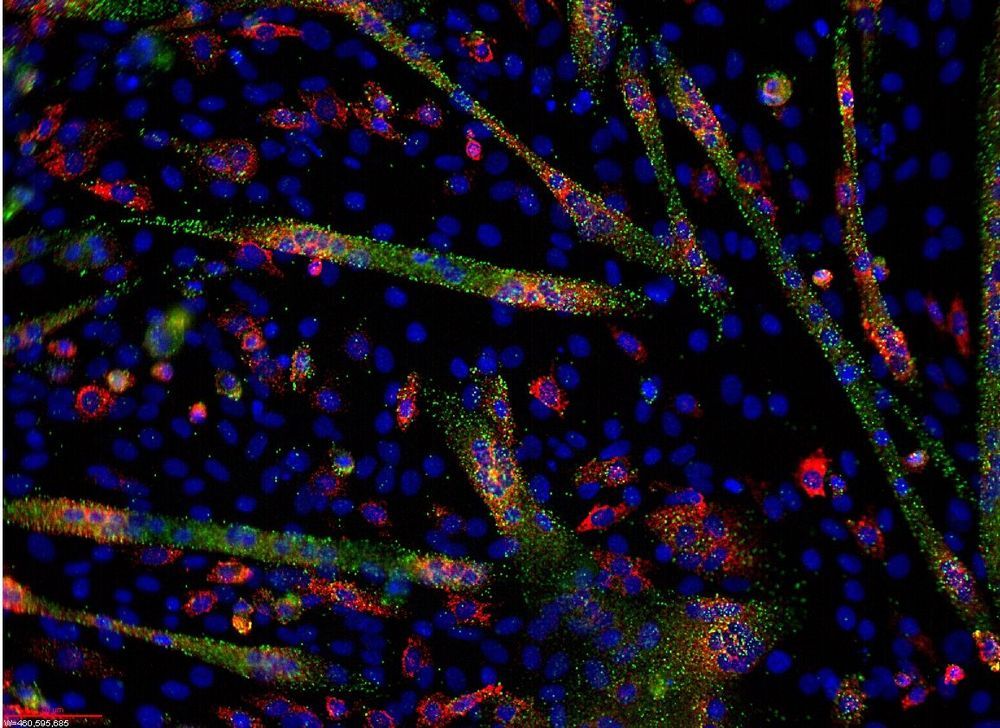The Michelin Vision tire concept does not need to be inflated, is specifically manufactured through 3D printing, and is biodegradable.
Get the latest international news and world events from around the world.

Microsoft says new Dexphot malware infected more than 80,000 computers
Microsoft security engineers detailed today a new malware strain that has been infecting Windows computers since October 2018 to hijack their resources to mine cryptocurrency and generate revenue for the attackers.
Named Dexphot, this malware reached its peak in mid-June this year, when its botnet reached almost 80,000 infected computers.
Since then, the number of daily infections has been slowly going down, as Microsoft claims it deployed countermeasures to improve detections and stop attacks.
The Psychology of Beating an Incurable Illness | Bob Cafaro | TEDxCharlottesville
NOTE FROM TED: Please do not look to this talk for medical advice. This talk, which was filmed at a TEDx event, contains strong assertions about multiple sclerosis and lifestyle medicine that lack sufficient scientific evidence for general prescription. TEDx events are independently organized by volunteers. The guidelines we give TEDx organizers are described in more detail here: http://storage.ted.com/tedx/manuals/tedx_content_guidelines.pdf
After a shocking diagnosis that would begin stripping Bob Cafaro of his ability to perform, sheer willpower and changes to his daily life allow him to beat all odds.
Bob Cafaro played chamber music full time and served on the faculty of the University of Virginia until 1983 when he became a regular with the Metropolitan Opera Orchestra. He later joined the Baltimore Symphony and in 1985 became a member of the Philadelphia Orchestra. In 1999, Bob was stricken with a virulent case of Multiple Sclerosis, which left him nearly blind and without the use of his hands. Defying what doctors had told him, he made a complete and remarkable recovery and has since written a book, been a member of The Rachmaninov Trio since 2003, and has grown passionate in his involvement with volunteer and outreach activities.
This talk was given at a TEDx event using the TED conference format but independently organized by a local community.

10th class Indian student creates a device that can predict heart attack in advance
Akash Manoj started reading medical books written by global writers only for fun when he was in the 8th class. And just after two years, this child has taken the medical scientists by surprise as he has developed a device to predict ‘silent’ heart attacks. This disease kills thousands of people every year in India alone.
Just after the complition of his 7th class exams, Akash began to visit fairly well-known libraries in Bangalore and he gradually fell in love with medical novels.
“Journal articles are expensive, so visiting the libraries was the only way I could do it. Otherwise, it would have cost more than a crore (of rupees) for the amount I read. I was always interested in medical science and I liked reading the journals…cardiology is my favourite,” said Manoj.

Investigators narrow in on a microRNA for treating multiple sclerosis
It turns out the gut is full of surprises. And one of those surprises may have offered up a key for unlocking a new way of treating multiple sclerosis (MS). Investigators from Brigham and Women’s Hospital have discovered a microRNA—a small RNA molecule—that increases during peak disease in a mouse model of MS and in untreated MS patients. When a synthetic version of the microRNA was orally given to the mice, it prevented disease. While several steps remain before these insights can be translated into therapy for patients, the researchers describe their results as both exciting and unexpected. Their findings are published in Cell Host & Microbe.
“We’ve discovered a new mechanism to regulate the microbiome and treat human disease that hadn’t been known before,” said senior author Howard Weiner, MD, co-director of the Ann Romney Center for Neurologic Diseases at the Brigham. “The gut microbiome is known to play an important role in MS and other diseases. Our findings, which show that a microRNA can be used to target and influence the microbiome with precision, may have applicability for MS and many other diseases, including diabetes, ALS, obesity and cancer.”
Weiner, lead author Shirong Liu, MD, Ph.D., an instructor in the Weiner laboratory, and their colleagues investigated how the altered gut microbiome affects the course of MS. To do so, they studied the microbiome and microRNAs found in the experimental autoimmune encephalomyelitis (EAE) model of MS. Unexpectedly, they found that when they transferred fecal matter from EAE mice at peak disease, it protected the mice who received the transfer. The team found that a specific microRNA, known as miR-30d, rather than live bacteria, was responsible for preventing disease. The investigators found that miR-30d is enriched in untreated, relapsing-remitting MS patients as well.

PLANAT National Platform for Natural Hazards Information platform on natural hazards in Switzerland [Measures EB]
Essentially good layers of sediment can decrease earthquake frequency.
Central information platform on natural hazards and their management in Switzerland. Background information about different types of natural hazards, information for experts/authorities and images, publications, information about events, links and much more.


A Mathematician Says He’s Found a System That Could Stop Tsunamis in Their Tracks
Yay face_with_colon_three
The pressure of deep-ocean sound waves could be used to stop tsunamis in their tracks, researchers have found, by dissipating their energy across wider areas and reducing the height and speed of these monster waves before they reach land.
Tsunamis — which can be caused by earthquakes, landslides, or any sudden release of energy underwater — are capable of devastating coastal regions when they hit land, and right now, there’s not much we can do to stop them.
But mathematician Usama Kadri from the University of Cardiff in the UK thinks acoustic-gravity waves (AGWs) could be the solution.

Irresponsible Marketing Surrounds Telomerase Human Trials in South America
Recently, Libella Gene Therapeutics has announced that it will be running a patient-paid trial in Colombia with an eye-watering $1 million USD price tag on enrollment.
Patient-paid trial likely to cause backlash
The topic of patient-paid trials often stirs up considerable debate among the research community, regulatory authorities, and the general public, with many people suggesting that it is unethical to expect patients to pay to participate in clinical trials. While this is a controversial issue, these trials are a legitimate way to test therapies that would otherwise struggle to reach the clinic due to cost constraints, and the data gathered by such trials can still be valuable.
For the November episode of the Journal Club, Dr. Oliver Medvedik will be reviewing a new study from a team of researchers including Professor George Church
The study saw the deployment of a multiple target gene therapy focused on 3 known longevity genes delivered via an adeno-associated virus. The focus was on mitigating T2 diabetes, heart failure, and kidney failure in mouse models with very positive results observed. Join us on Tuesday, 26th November, 1pm EDT on our Facebook page for the livestream show.